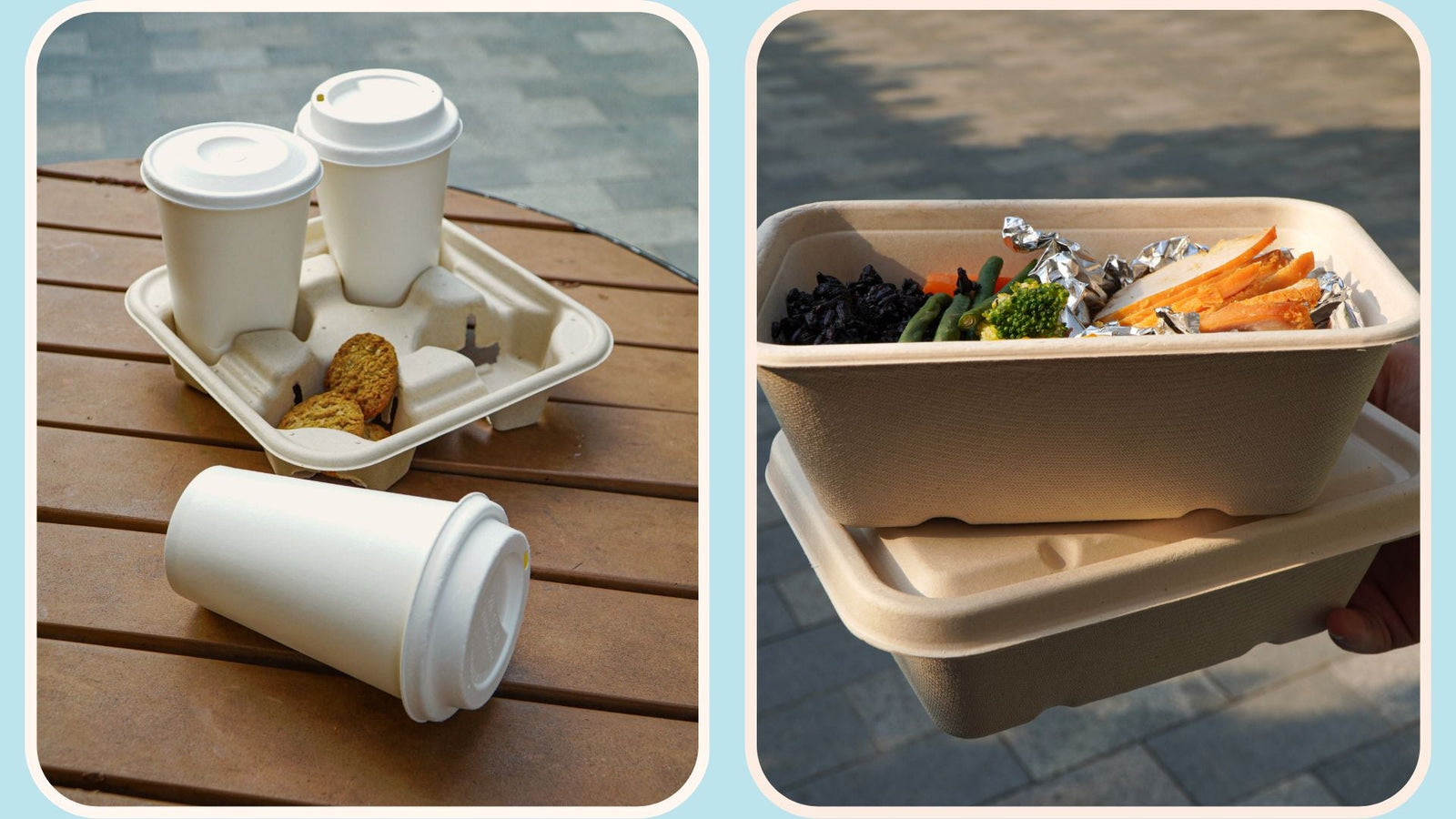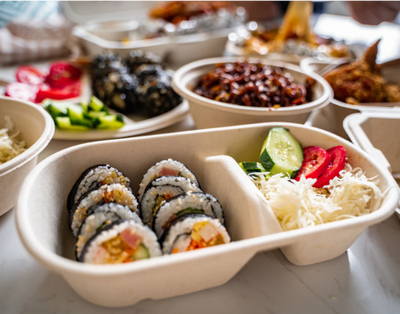For many businesses, the idea of moving to a plastic-free business model may feel daunting. Packaging, cutlery, bags, and other disposables have long been considered essential for efficiency and customer convenience. Yet as regulations tighten and consumer expectations evolve, companies are discovering that going beyond simply “complying with bans” can unlock new opportunities.
Forward-thinking brands are proving that embracing plastic-free solutions is more than just an ethical decision—it’s also a strategic business move. From strengthening customer loyalty to cutting long-term costs, the shift to sustainable operations is quickly becoming a competitive advantage in today’s marketplace.
The Shift in Consumer Values 🌍
Today’s consumers are not only aware of environmental issues—they’re actively factoring them into purchasing decisions. Studies show:
-
73% of Gen Z consumers are willing to pay more for sustainable products.
-
Millennials and Gen Z together make up nearly half of the global consumer base, and they overwhelmingly prefer brands that align with their values.
-
Transparency is key: greenwashing won’t cut it. Shoppers are looking for genuine action, not empty promises.
For businesses, this means that going plastic-free is no longer just about compliance with government bans. It’s about earning trust and loyalty from customers who want their purchases to reflect their values.
By taking bold steps, companies can position themselves as leaders in sustainability, winning the support of environmentally conscious consumers and standing out in crowded markets.
Case Studies in Success ✅
Many businesses, from small cafés to global brands, are already thriving by adopting plastic-free models.
-
Coffee Shops with Reusable Mug Programs: Independent cafés and chains alike are offering discounts to customers who bring their own reusable cups. This reduces single-use waste while boosting loyalty by rewarding eco-conscious behavior.
-
Retail Brands with Plastic-Free Packaging: Companies like Lush have redefined packaging by offering “naked” products (like soap and shampoo bars) or using compostable alternatives instead of plastic wrap. The result? A strong reputation for sustainability that attracts new customers.
-
Catering Companies Using Compostables: Event catering firms are swapping plastic cutlery and containers for compostable options made from sugarcane, bamboo, or corn starch. These solutions not only align with environmental goals but also resonate with event organizers and attendees who want eco-friendly experiences.
-
Supermarkets Reducing Plastic Bags: Several grocery chains worldwide have phased out single-use plastic bags, replacing them with durable reusable totes or compostable options, saving millions of bags from landfills annually.
These examples show that plastic-free strategies can work across industries—and that customers are more likely to remember (and return to) brands that take real action.
Operational and Financial Benefits 📉
One misconception is that going plastic-free will increase costs. While there may be upfront investments in sustainable alternatives, the long-term benefits often outweigh the initial expenses.
Here’s how businesses can save:
-
Lower Waste Management Costs: Reducing single-use plastics means less trash to haul away, lowering disposal fees.
-
Streamlined Supply Chains: Moving toward durable, reusable, or compostable packaging can simplify procurement and reduce reliance on volatile plastic markets.
-
Improved Efficiency: Bulk packaging, refill systems, and innovative materials can minimize waste and storage needs.
-
Stronger Brand Image: A reputation for sustainability can translate into higher sales, customer loyalty, and media attention—all of which boost revenue.
For example, restaurants that swapped plastic straws for compostable ones reported positive customer feedback, which led to increased customer satisfaction and repeat visits. What seemed like a small change ended up being a powerful marketing tool.
The Role of Sustainable Suppliers 🌱
No business can go plastic-free alone—it requires reliable, innovative suppliers who can provide alternatives that are both functional and affordable.
That’s where companies like EQUO play a crucial role. EQUO offers a wide range of compostable, plant-based products—including straws, utensils, bags, and packaging—made from natural materials like sugarcane, coffee grounds, and coconut.
By partnering with suppliers like EQUO, businesses can:
-
Ensure quality and durability so eco-friendly alternatives don’t compromise customer experience.
-
Stay compliant with evolving plastic ban regulations.
-
Access innovation in materials and design that keep them ahead of competitors.
-
Scale sustainability efforts across multiple locations or markets.
Choosing the right suppliers transforms sustainability from a challenge into an opportunity for growth and differentiation.
A Future-Proof Strategy 🔮
Plastic bans are no longer isolated to a few countries—they are spreading worldwide. Businesses that delay adaptation risk scrambling to comply with regulations and losing environmentally conscious customers.
In contrast, companies that proactively embrace plastic-free solutions position themselves as:
-
Resilient: Able to adapt smoothly to regulatory changes.
-
Relevant: Appealing to younger, eco-conscious consumers who will dominate future markets.
-
Responsible: Demonstrating genuine corporate social responsibility, which boosts investor and partner confidence.
Ultimately, sustainability is not just about protecting the planet—it’s about future-proofing business models in a world where resources are finite and consumer expectations are rising.
Conclusion
Moving beyond the ban isn’t about doing the bare minimum to avoid penalties. It’s about seizing the opportunity to reimagine business practices, reduce waste, and build stronger relationships with customers.
The businesses that thrive in this new era will be the ones that see sustainability not as a cost, but as an investment in long-term growth. With innovative suppliers like EQUO making plastic-free solutions accessible, there’s never been a better time to take action.
The world is moving away from plastic. The question is—will your business be ahead of the curve or left behind?


